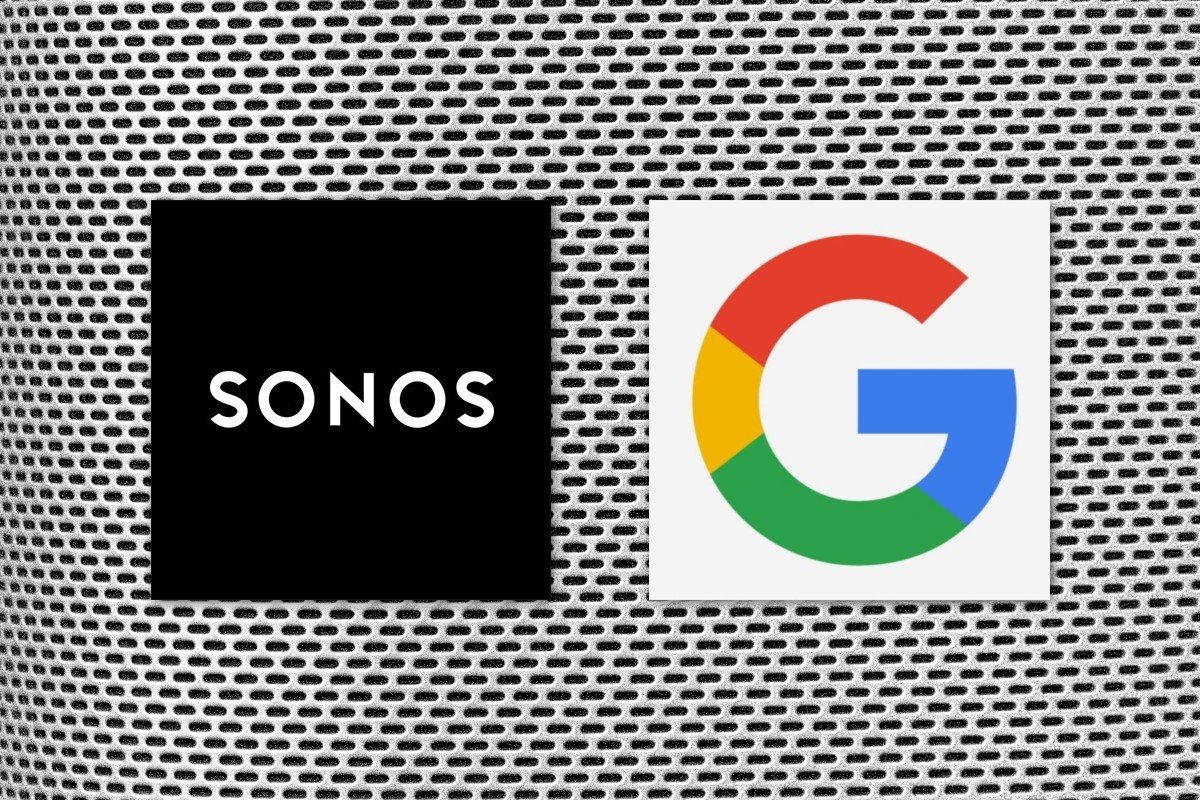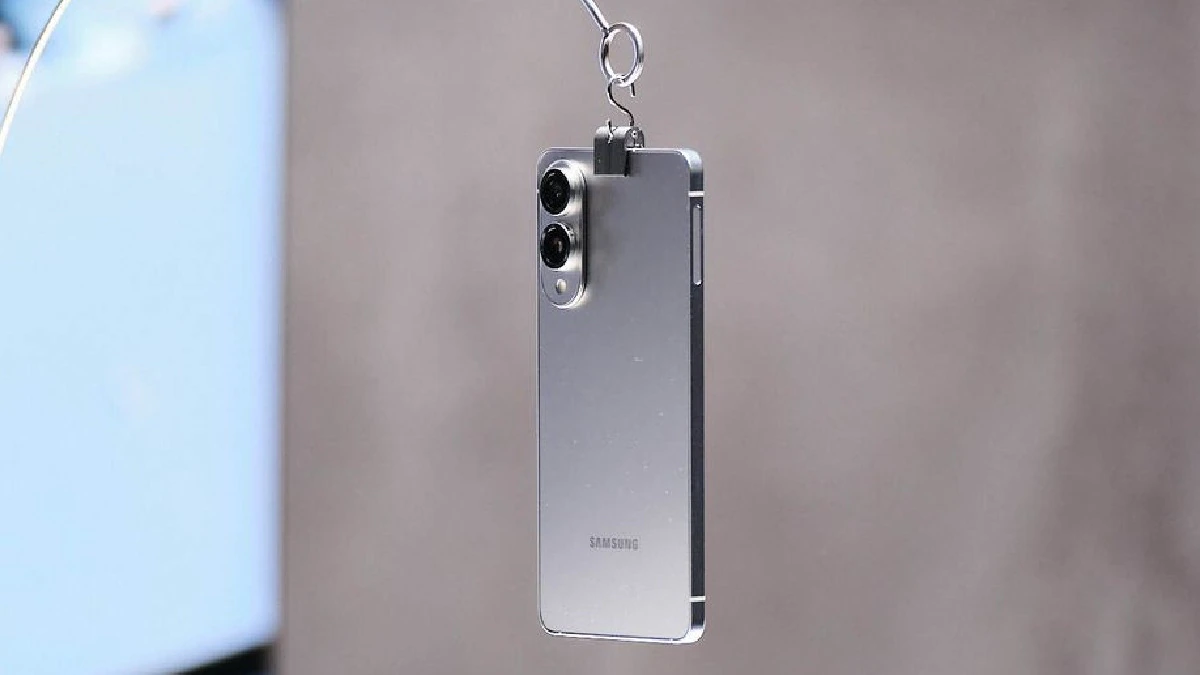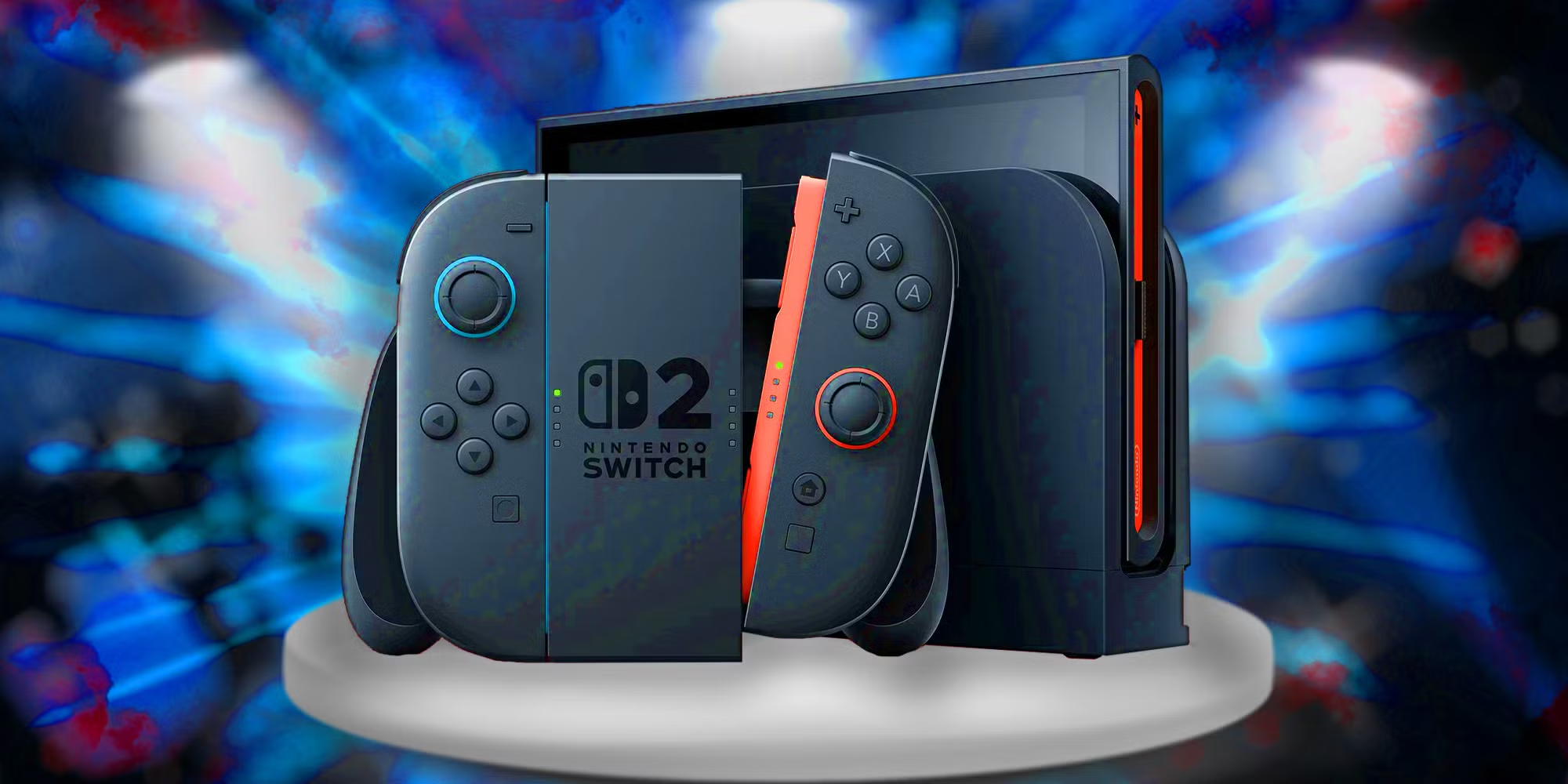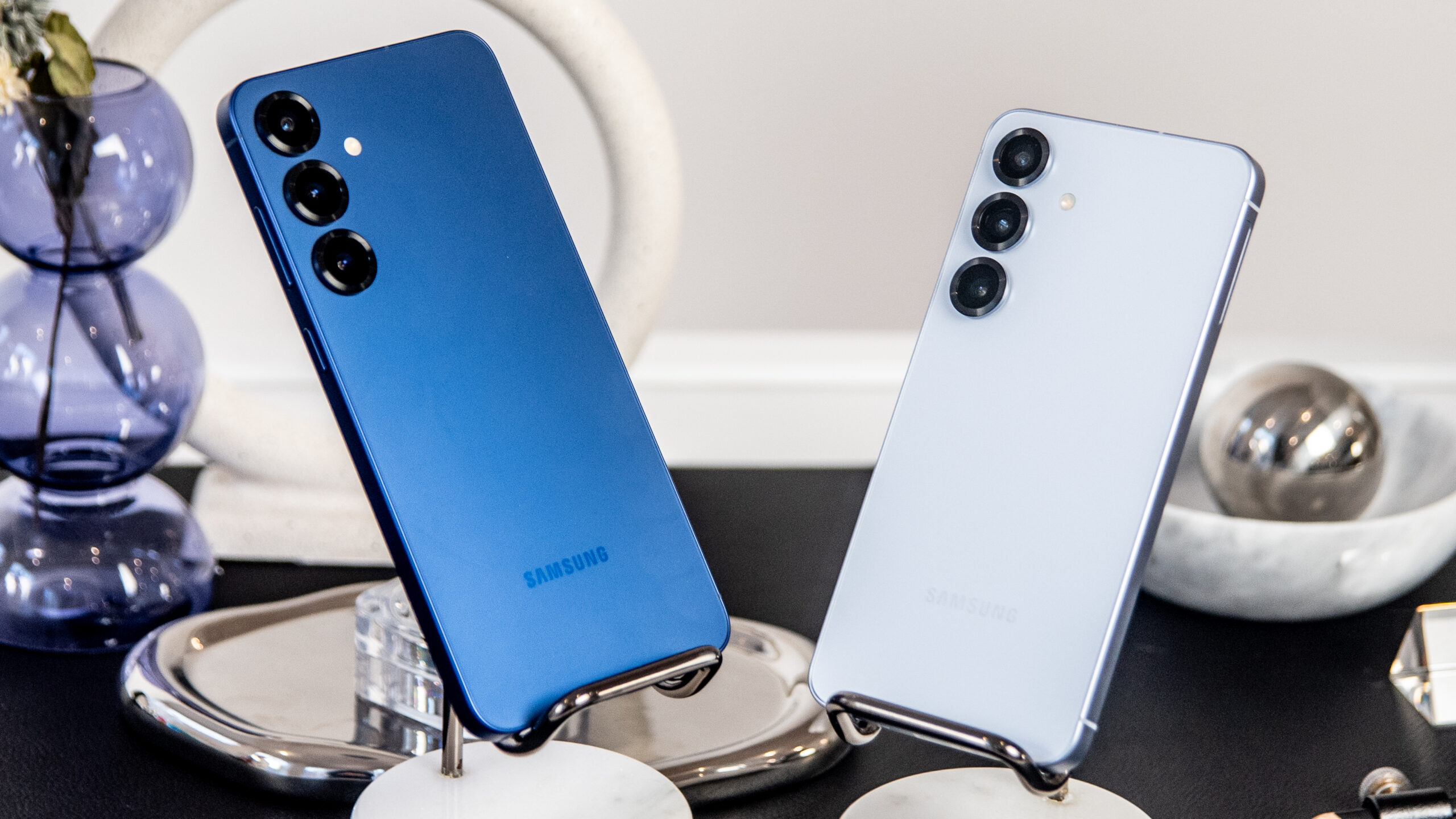In a significant turn of events, Google has emerged victorious in its patent dispute against Sonos, a renowned wireless audio company. A California federal judge recently invalidated a $325 million verdict in favor of Sonos, ruling that the patents central to the case were unenforceable.
Key Highlights:
- U.S. District Judge William Alsup stated that Sonos had inappropriately attempted to link its multiroom audio technology patents to a 2006 application, asserting that its inventions predated Google’s devices.
- The judge emphasized that this wasn’t a scenario where an inventor pioneered an industry innovation. Instead, it was a case where the industry introduced a novel concept, followed by a claimant asserting prior invention.
- Sonos has expressed disagreement with the ruling, emphasizing errors in both factual and legal aspects, and has signaled its intention to appeal.
- This legal tussle is a segment of a broader intellectual property conflict between the two companies, spanning multiple countries.
- Sonos had previously secured a limited import ban on certain Google devices from the U.S. International Trade Commission, a decision Google has since appealed.
Background of the Dispute:
The two companies, once collaborators, have found themselves at odds over intellectual property rights. Their partnership traces back to when Sonos integrated Google’s music streaming service into its products. However, the relationship soured in 2020 when Sonos accused Google of replicating its technology in wireless audio gadgets, including Google Home and Chromecast Audio. Following these allegations, a federal jury in San Francisco awarded Sonos $325 million in damages, concluding that Google’s devices had infringed upon one of Sonos’s patents.
Judge’s Perspective:
Judge Alsup sided with Google’s argument that Sonos had strategically delayed its patent applications for over a decade, waiting for Google to launch its purportedly infringing devices. He concurred with Google’s stance that Sonos had tied its 2019 patent applications to a 2006 application to unjustly secure earlier priority dates. Given that Google commenced sales of its competing devices in 2015, the judge determined that Google’s products had anticipated the 2019 patents, rendering them invalid.
Summary:
The ongoing patent dispute between Google and Sonos underscores the intricate challenges and dynamics of intellectual property rights in the tech industry. While Google has secured a reprieve with this recent ruling, the broader conflict between the two tech giants remains unresolved, with Sonos intent on appealing the decision. As the legal battles continue, the tech community will be keenly observing the outcomes and their potential implications for future innovations and collaborations.








